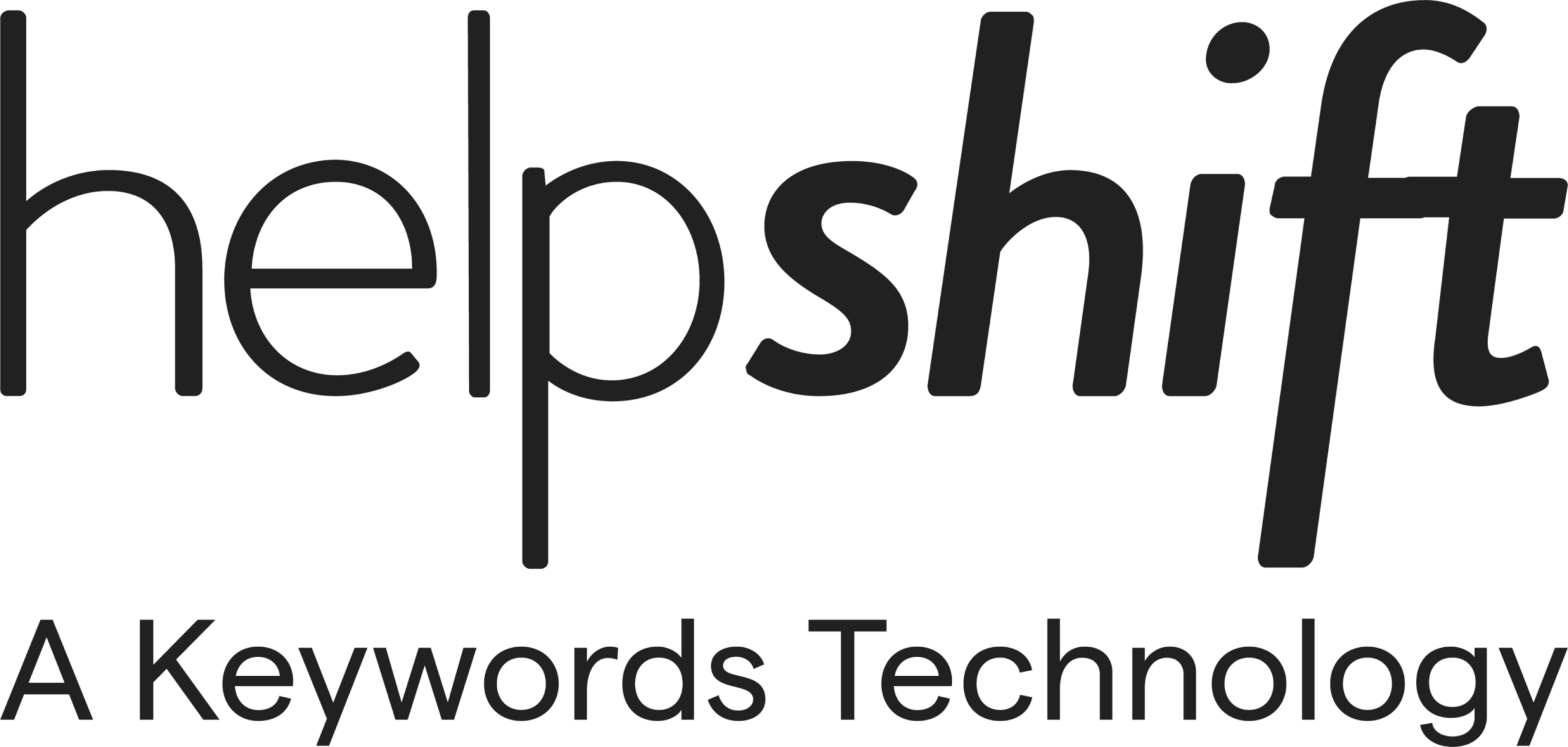
How Next Games Translates ‘Player-Focused’ Philosophy into Tangible Customer Loyalty
Being ‘Player-Focused’ Is Easier Said Than Done
If asked, most gaming companies would probably say that they are player-focused: always putting their players first. It’s obvious that maintaining a healthy player-base is a crucial, if not the most important component to the viability and longevity of a game.
That’s because the average app today loses 77 percent of its daily active users (DAUs) within the first three days. That’s a massive hurdle for gaming companies to overcome, and while most understand that player retention is important, many companies just talk the talk: very few walk the walk.
The team behind The Walking Dead No Man’s Land, the official game of AMC’s The Walking Dead, is the exception.
Next Games knows that being player-focused isn’t easy. It requires a thoughtful, personalized approach—it can’t just be a stated company value, but needs to be built into every level of a company’s philosophy and culture.“Having a really tight and personal connection, I think this is what creates loyalty, what creates trust, what makes people believe in what you are eventually selling them,” says Next Games’ Player Support Manager Pascal Debroek.
Ingraining Support Education Provides Superior Player Experience
In order to achieve this personal connection with players, Debroek has emphasized the importance of player experience along with the Helpshift support tools necessary to optimize it. In fact, the company trains everyone to have the mindset of a support agent through the revered “Player Support Bootcamp.” Next Games CEO Teemu Huuhtanen regularly praises the bootcamp, and is a proud early graduate himself.
Every employee must complete this program, in which the Player Support team educates team members about the product and clientele not just by going over procedures, tools, and KPI’s, but by taking a deep dive into the characteristics of players, thus learning how to engage with them and how to cater to their different personalities.
This player-centric education resonates across the board, even with developers.
“We have had actual developers who graduated from the program come into the Player Support room on update day and say, ‘I’m not assigned to do anything time-sensitive right now, do you guys need a hand? I can help out,’” Debroek comments. The developers want to know first-hand how players are reacting to the update and what is being said. “That is something very, very powerful: that innate curiosity that people have gotten because of bootcamp.”
All employees learn how to use Helpshift tools, like in-app messaging and SDK-collected player data, in order to personalize the experience. “As a Player Support agent I want to be able to do more than answer a player. I want to be able to tag that message, I want to get metrics out of that message, I want to understand what this player did in the game before he contacted me or how long this player has been playing around in the game,” says Debroek.
Debroek is indeed able to see that rich data about the players and show employees how to personalize communication accordingly, and for the support team specifically, Helpshift’s partnership with Microsoft Power BI provides a complete view of the team’s efficiency as a whole. For example, Debroek can see that the game’s Player Support setup has a 95 percent deflection rate thanks to in-game FAQs. This keeps operating costs down because so many players are able to self-serve and answer their own questions, allowing the support team more time to focus on prioritizing and resolving more complex questions.
“This allows us to run our small Player Support team efficiently and has a positive effect on the players’ moods. Obviously they’d rather play than having to wait on an answer from a support agent,” adds Debroek.
Collaboration Combined With Data Makes An Impact
Debroek’s team immensely values transparency and uses Power BI to create a healthy, collaborative atmosphere amongst team members. Metrics
are publicly displayed in the office, so individual support agents can gauge how they are doing compared to their colleagues. They can see who is excelling, and work with those employees so that everyone can improve together.
Whenever there is a KPI that seems to be lagging, the team notices quickly because they are constantly monitoring the metrics. They’ll start discussing underlying issues and quickly find a solution together. “Everyone starts talking to each other asking what could have caused this, is there anything we missed, is there anything we can do in order to actually improve this,” says Debroek. “Because our agents are empowered, it doesn’t take long before that KPI starts changing.”
Debroek’s team works with Stop Light KPI’s as the basis for its KPI methodology. Based on industry standards, the team always strives for yellow (superb service) and green (support excellence) as much as possible. When there is a KPI that dips into the red zone, that’s a ‘red flag’ and is immediately investigated.
The Next Games’ philosophy is also quite holistic when it comes to the types of metrics that team members focus on. Instead of just tracking KPI’s such as volume per agent and average handling time per issue (like most help desks), the Next Games support team also tracks acceptance, reopen, and first contact resolution rates to really tell the full customer story.
This in turn also helps with the agents’ individual scores. By keeping tabs on the right metrics, and likewise increasing efficiency across the Player Support team as a whole, provides for higher team-wide CSAT (customer satisfaction) ratings as well.
“I really do believe Helpshift allows our Player Support operations to be more efficient and keep our CSAT high. By keeping players in the game while their questions are answered by a professional, we manage to engage better with them,” says Debroek. “This leads to increased retention and decreased churn, with increased spend as a result.”
